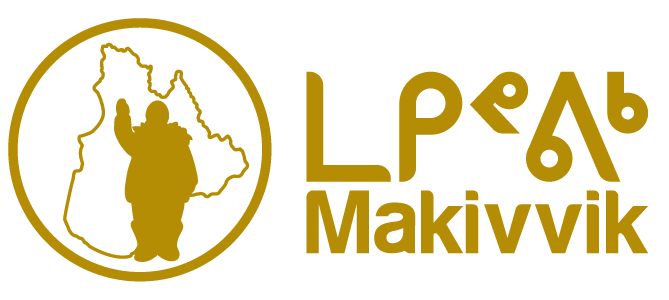This is the second in a series of articles in which Taqralik Magazine will highlight a woman working in what some consider a ‘non-traditional’ field.
Nunavik Police Service Cst. Ulaayu Dupuis-Miron says working as a police officer, a job traditionally thought of as for men, can be tough,but also very rewarding.
“Some might think that women aren’t as strong, as tough, as good. We often need to prove our worth and break the typical men police officer stereotype,” she says. “In the end, women are as much capable of being a police officer as men, and I believe that people have more knowledge of this nowadays.”
Cst. Dupuis-Miron was born in Kuujjuaq and moved south with her family for her education when she was between 7 and 8 years old. After finishing secondary school, she spent a few months of on-the-job training in Kuujjuaq with a Prevention Officer, before going on to complete Basic Constable Training at the Ontario Police College. She graduated in November 2019 and a few weeks later moved to Kuujjuaq to begin working on the road as a patrol officer. Since April 2021 she has worked as a constable on the Multidisciplinary Team alongside NPS and SQ investigators.
There is no question that men outnumber women in the field of public safety and security in this country. According to the Government of Canada’s Department of Public Safety website, women make up about 50 per cent of employees in areas such as policy, intelligence, and corrections, but they occupy less than 25 per cent of front-line law enforcement positions. The statistic is even more dramatic in Nunavik where, as of May 1, 2022, the NPS reported just under 14 per cent of its officers are female (76 male officers and 12 female officers).

It was the multitasking nature of the job that attracted Cst. Dupuis-Miron. “Every day is different, you never know what will happen throughout the day,” she explains. “Our role is to protect and serve the citizens. I wanted to help community members, victims who might not trust that they can get the help they deserve and to stop criminal (activity) within the community, to make it safer.” Her role is to counter bootleggers and drug dealers in Nunavik, but she points out that they need community members’ help and cooperation to accomplish their duty.
While the work can be challenging, Cst. Dupuis-Miron says, the rewards are substantial. Female victims are often more comfortable speaking about what they went through with other women, and a large part of the job is trying to deescalate situations, where women can tend to have a calming effect. Being able to get illegal drugs and alcohol off the streets is one of the best parts of her job, along with the diversity of tasks, and working as a team. Wanting to help victims who refuse to get the help needed, however, can be challenging, she admits, as can the long hours necessary. But, she says, it’s all worth it.
She encourages other women interested in pursuing policing as a career to go for it.
“If this is really something that they want to do and are willing to work for it, it’s worth it. I love my job and wouldn’t want to do anything else.” Cst. Dupuis-Miron is working toward becoming a Sergeant Investigator for the NPS.



